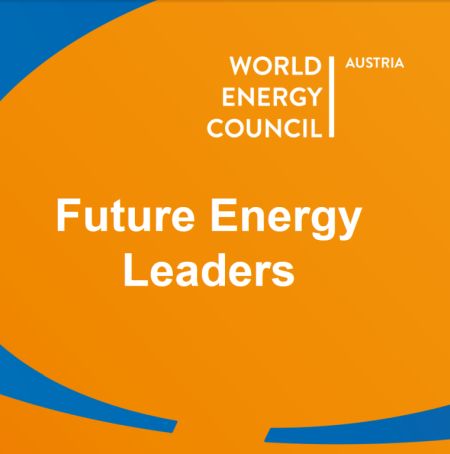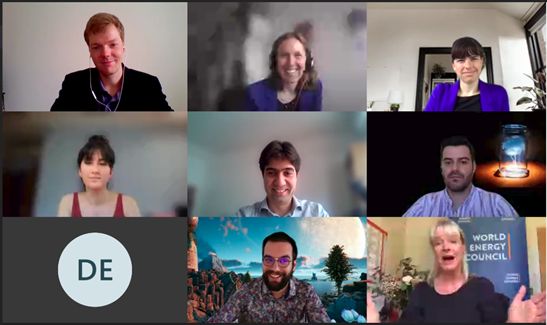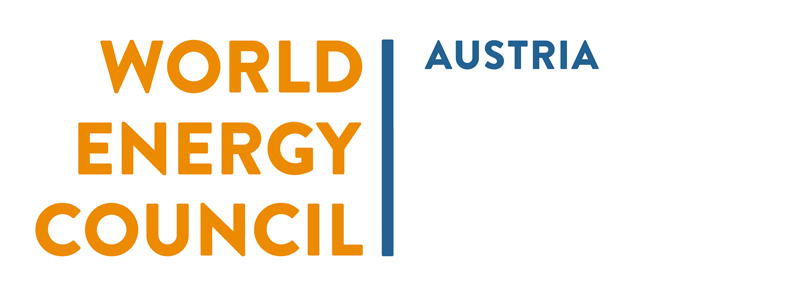VIRTUAL FEL MEETING OF MAY 22nd, 2020

We are facing unprecedented times. COVID-19 has caused a global crisis that has a direct impact on the energy sector. Social distancing and home office measures have led to a decline in demand for oil, gas and electrical energy and a sharp drop in prices. The recovery of the energy sector is marked by many uncertainties.
On this occasion, more than 75 participants from national FEL/YEP initiatives and the FEL-100 programme met in a first virtual workshop to exchange views on challenges, but also on opportunities that the current crisis brings with it.
Top-class representatives from the WEC community gave keynote speeches to set the framework for the subsequent discussion.
Angela Wilkinson, Secretary General and CEO of the World Energy Council, encouraged the participants to actively participate in the internal WEC discussions about the design of the future energy supply in order to jointly shape the “new normal” after the COVID-19 crisis. Nuno Silva, Chair of the Future Energy Leaders and Managing Director and Global Technology and Innovation Director of the Portuguese technology company Efasec, reported on the challenge of solving short-term challenges in companies without losing sight of long-term visions. Mihai Toader-Pasti, Chair of the Romanian FELs, emphasized that the current focus in the energy discussions is too much on the impact of COVID-19. One must not forget the numerous other challenges, such as climate change, obsolete infrastructure and political instability in some countries. Reem Irany, Future Energy Leader and representative of the Lebanese Center for Energy Conservation, gave an overview of the impact of COVID-19 measures on the Lebanese power sector. The pandemic has exacerbated the difficult economic situation. Due to the reduced demand for electricity in a market environment of regulated, low consumer prices, the situation for urgently needed investments in infrastructure is hardly possible. A positive side-effect of the situation is that there are fewer power outages due to lower demand. Andreas Schröder, YEP from Germany and representative of the International Energy Agency, presented the current IEA publications. In a recently published report, the IEA expects a decline in demand for all fossil fuels, while nuclear energy remains stable and the share of renewable energy tends to increase. Restrictions in transport and mobility will lead to a reduction in CO2 emissions. There are now three crises to manage at once (corona, economy, climate).

The workshop was moderated by Annkathrin Rabe, Chair of the German YEPs, and Wassim Ballout, Chair of the French YEPs.
The Future Energy Leaders want to continue to promote dialogue between politics, business and different age groups. The next event of the European FELs will highlight the long-term effects of COVID-19.
